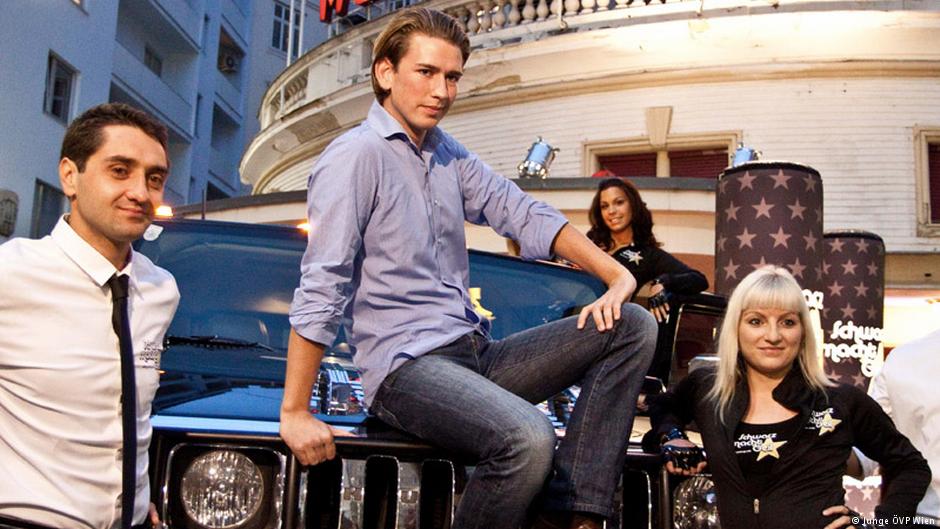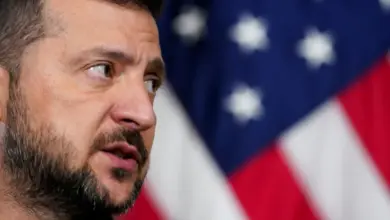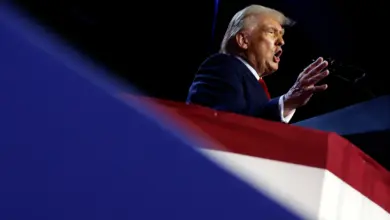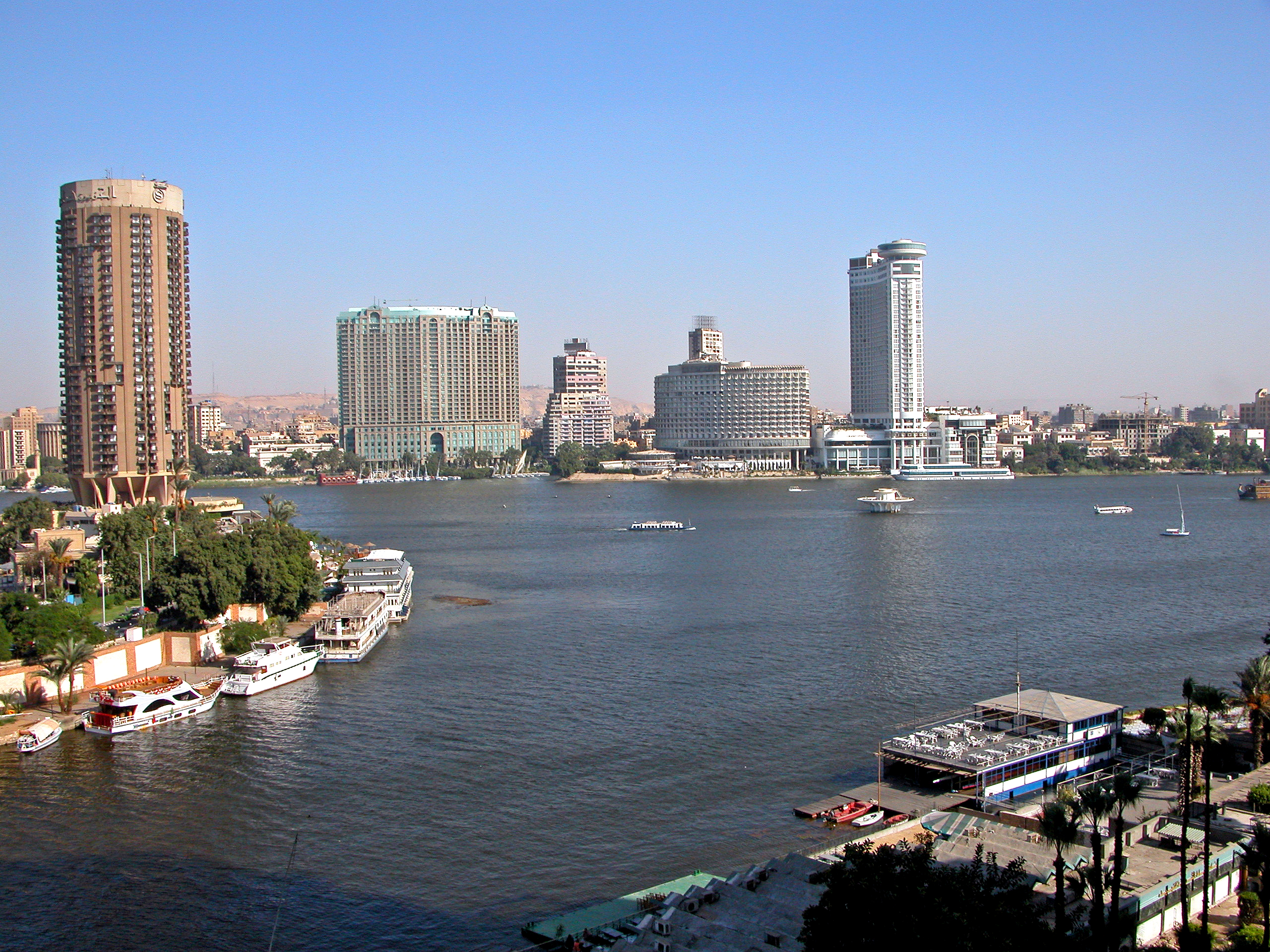
Sebastian Kurz was sworn in in mid-December as Austria’s new, and at 31, youngest-ever chancellor, leading a nationalist government that includes the country’s most virulent far-right party as coalition partners. On Wednesday, he makes his first visit to Berlin as the head of government and will meet with German Chancellor Angela Merkel — who at more than twice his age has been involved in politics for nearly as long as Kurz has been alive.
But it seems Kurz’s power, ambitions and plans to change Austria’s image are just as tenacious as his youth.
Kurz rose to prominence in 2013, when at 27 he became the world’s youngest serving foreign minister — looking practically pubescent in photo ops with counterparts of the time, including US Secretary of State John Kerry and Iran’s Javad Zarif.
But his political career started in school when, just before taking his A Levels, he joined the youth wing of the conservative Austrian People’s Party (ÖVP) and became its leader while studying law. With a string of controversial and polarizing local election campaigns in Vienna he helped the conservatives make inroads in a traditionally Social Democratic stronghold. In a show of gratitude, the ÖVP appointed him state secretary for integration in 2011. After a Social Democratic-People’s Party coalition was formed four years ago, Kurz became Austria’s foreign minister — the youngest top diplomat in Europe.
When a new wave of refugees seeking to relocate to Europe became a continent-wide concern in 2015, Kurz recognized Austrian voters’ anxiety over unchecked immigration. He called for tougher external border controls, better integration and stringent control of “political Islam” funded from abroad. He also organized the shutdown of the popular overland route through the West Balkans.
The man who would be king
His hard-line positions have prompted observers to call him “hard-hearted,” as Gemany’s Die Welt newspaper did.
“He is a power-hungry neoliberal,” one young voter in Vienna who asked not to be named told DW. “What does he want? The Hapsburg empire back again?”
“He’s also cultivated an image as a political outsider, despite having been foreign minister for four years.”
‘A conservative Macron or Trudeau’
According to professor Peter Filzmaier, a political scientist with Austria’s Krems and Graz universities, what Kurz has accomplished is “unprecedented in Austrian politics, but also quite logical.”
“The ÖVP is an extremely complex organization, dependent on municipal and regional bodies,” said Filzmaier. “He consolidated decision-making functions under the party leader, namely, himself.”
Filzmaier also downplayed concerns that Kurz is seeking to become some sort of anti-immigrant nationalist leader in the vein of Hungary’s prime minister, Viktor Orban, or the US president, Donald Trump, stressing that the young politician is ardently pro-EU.
“He sees himself more as a conservative Emmanuel Macron or Justin Trudeau,” Filzmaier said. “He hasn’t started his own party like Macron, but he has tried to make his changes in the ÖVP look like a new movement. And it’s working. Before he took over the party’s leadership in the spring, the ÖVP was lagging in third place at 20 percent in the polls. Now, it’s in first place at over 30 percent.”
Possible boon for far-right populists
Kurz’s ÖVP has spent much of the post-war period ruling in a so-called “grand coalition” with their natural rivals, the Social Democrats (SPÖ). But now, Austria’s two biggest parties have both said they refuse to rule together again. This paved the way for the far-right populist Freedom Party (FPÖ) which performed nearly as well as the SPÖ in October’s elections, (26.86 percent for the Social Democrats to the FPÖ’s 25.97 percent) to enter into government with the ÖVP, which garnered the most votes at 31.47 percent.
“The SPÖ and the ÖVP deciding not to govern together means there is an actual chance of the FPÖ ending up in a governing coalition,” Filzmaier said.




